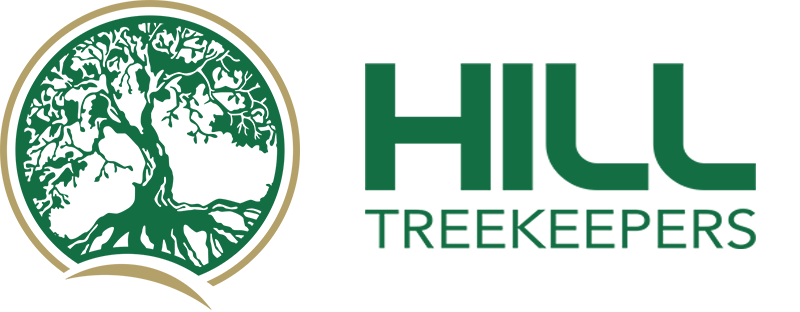Hudson Valley's Professional Insect, Pest & Tree Disease Experts
Early identification of problems, quick diagnosis of the cause, and appropriate treatment are key to controlling insect pests and diseases, and preventing irreparable damage to your trees and landscape.
Pest & Disease Prevention & Control
Our tree health programs provide preventive care or treatments for a wide range of tree and shrub pests and diseases. Examples of common pests and diseases we can help you with include:
AND SO MUCH MORE...
In need of orchard care or fruit tree spraying?
Hill Treekeepers offers specialty insect, disease, and pest management services specifically for fruit trees. Whether you're growing apples, pears, cherries, or something else entirely, our Certified Arborists are experts at caring for fruit trees to maximize production and improve tree health. We also offer a complete range of orchard care services.
Early identification of insect infestation, diseases, and soil problems is critical
Don't wait until it's too late to save your tree! Call the ISA Certified Arborists at Hill Treekeepers as soon as you notice anything unusual.
Tree Disease and Insect Treatments
We offer a range of treatments for insect infestations, fungal problems, bacterial diseases, and pests. Treatments are customized to treat the issues while minimizing the effects on beneficial insects and other living creatures.

HORTICULTURAL OIL
WHEN? Spring and fall
This lightweight natural oil is sprayed on trees to suppress pests such as scale, adelgids, and mites before they hatch and/or mature into adults.
FUNGICIDE APPLICATIONS
WHEN? 3 - 4 treatments in spring to early summer
Fungicides are sprayed on leaves and tree trunks to prevent fungal leaf diseases, such as apple scab, anthracnose, and cedar-apple rust.
INSECT CONTROL SPRAY
WHEN? As needed during the growing season
Used for immediate control of damaging insect pests. We carefully select an insecticide to target the specific pest that's causing problems, rather than using a broad-spectrum insecticide that would harm all insects.
SOIL & TRUNK INJECTIONS
WHEN? Spring
We use special equipment to inject a systemic insecticide injected into the soil around the tree's root zone or directly into the tree's trunk. From there, it is distributed throughout the living parts of the tree to prevent problems with leaf-chewing and sap-sucking insects, such as leaf miners, scale, and Japanese beetles.
TREE & SHRUB PROTECTION
WHEN? Fall and winter
Moles, voles, mice, and deer can decimate an entire orchard over a single winter. We offer deer repellent sprays for evergreen shrubs, plus tree wrapping (with burlap and/or chickenwire) to keep destructive herbivores at bay.
Why Trust Hill Treekeepers To Keep Your Trees Healthy?
We know you have choices when it comes to selecting a Hudson Valley tree service to care for your trees.
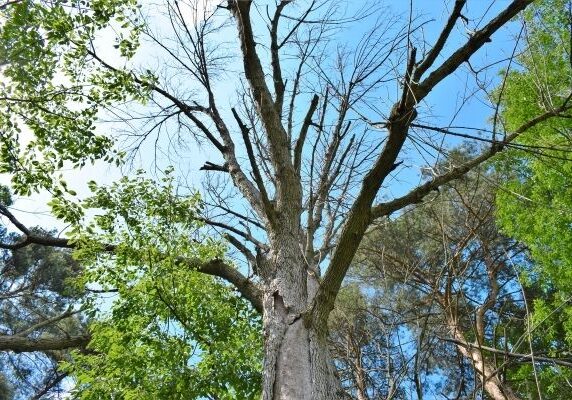
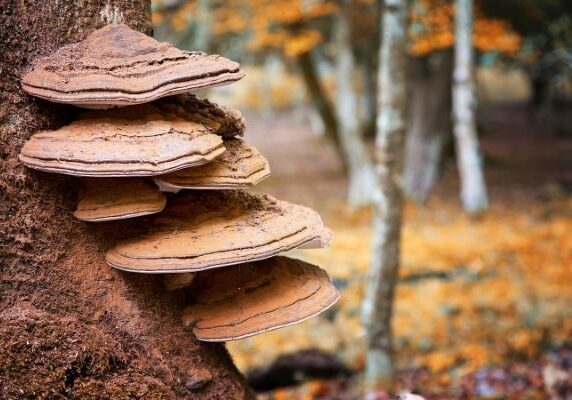
Are your trees showing signs of insect infestation or disease?
Call the ISA Certified Arborists at Hill Treekeepers to diagnose and treat the problem quickly and safely.
Frequently Asked Questions About Tree Treatments & Fertilization
PHC stands for Plant Health Care, which is a fancy way of saying that we do all of the things necessary to keep plants (including trees!) healthy. That includes fertilization and soil improvement, as well as identification, control and prevention of problems caused by pests and diseases.
Integrated Pest Management (IPM) is a streamlined, ecological approach to pest management that gives you more effective results with less need for harmful chemicals. It's more effective in controlling the “bad bugs” in your yard and is safer for people, pets, and the environment compared to the traditional method of spraying everything with insecticide. Plus, IPM saves you money that would’ve otherwise been spent on unnecessary pesticides.
IPM includes regular monitoring of pest populations, the use of biological and cultural controls, applying physical controls, planting pest-resistant varieties, and using organic pesticides.
The goal of IPM is to manage pest populations for long-term prevention, not necessarily to eradicate them entirely. If pest populations are kept down, they’ll cause fewer problems and little noticeable damage in your yard or garden.
The best time to apply treatments depends on the problem.
Some tree diseases, for instance, are only stopped through preventive treatments that must be applied before the disease has affected your tree. For example, trees and shrubs that are prone to certain fungal leaf diseases (such as anthracnose) are preventively treated three times a year, usually in late spring and early summer. Once the disease is visible, it’s too late to treat it.
Other treatments are applied only when the problem, whether it’s a pest or disease, is present. For example, treatments that work by making contact with the pest or coating leaves that they're feeding on must be applied when the pest is active.
Early identification of problems, quick diagnosis of the cause, and appropriate treatment are key to controlling insect pests and diseases, as well as preventing irreparable damage to your trees and landscape.
If you think something is wrong, contact us for an inspection. We'll diagnose the problem, determine the health of your tree or shrub, and give you a prognosis and treatment plan.
Treatment is often possible if the problem is caught soon enough. In other cases, your tree or shrub may have already declined to the point that it could be beyond saving (in which case, quick and safe tree removal would be best).
That depends. Many of the most effective insect and disease treatments can only be applied by professionally licensed pesticide applicators. While there are some options available to homeowners to treat small trees, these require careful application to avoid unintended environmental impacts.
For example, products can leach into groundwater and some products are highly toxic to pollinators and aquatic invertebrates.
We've also seen many cases of homeowners misdiagnosing the problem and applying toxic treatments that don't have any positive effect.
Large or tall trees are very difficult to treat effectively without specialized equipment, such as a high-powered spray rig to reach the upper parts of the tree or a tree injection kit for systemic pesticides. In general, we recommend having larger trees treated by a professional with the knowledge and equipment to do the job correctly.
If you have trees, chances are you'll need to fertilize them.
Trees that grow in forests and woodlands get their nutrients from the soil they grow in, but in urban and suburban areas the soil has usually been severely depleted of nutrients and organic matter.
Many homeowners throughout the Hudson Valley notice that some of their trees show signs of nutrient deficiency (such as yellowing leaves and stunted growth). In other cases, a soil test may show that certain nutrients are depleted.
DO Fertilize if Your Tree is Damaged or in Decline
Trees that have been damaged by storms, construction, pests or diseases, or over-pruning (including aggressive utility right of way pruning) will often benefit from supplemental fertilization, including in summer.
When a significant number of branches or roots have been broken or removed, trees aren’t able to produce enough energy or absorb enough nutrients to help them stay healthy. Plus, pests and diseases can make it more difficult for trees to thrive. The result is a noticeable decline in the number of leaves and increased yellowing.
Gentle fertilization, such as with deep root injections of compost tea, can help damaged and declining trees recover.
If you think your trees and shrubs need fertilization, it’s important to know what nutrients they need and how much fertilizer to apply. Fertilizer runoff is a serious problem when too much fertilizer is used. And too much nitrogen and phosphorus cause problems for trees, such as decreased fruiting and preventing the uptake of other key micronutrients.
The best way to find out what nutrients your trees and shrubs need is to get a soil test from a qualified testing lab, such as the Cornell Soil Health Laboratory, or through your arborist. You’ll get information about nutrient levels in your soil, and instructions on how much fertilizer is needed to balance your soil’s fertility.
If you think the cost of a professional soil test isn’t worthwhile, we urge you to reconsider. You may find soil test kits in hardware stores and nurseries that are cheaper than a laboratory analysis. But their results are neither precise nor guaranteed, and professionals don’t use them.
That depends… Generally, spring and early fall are the best times of year to fertilize trees in southern New York state. But you can also fertilize in summer IF your tree needs it AND you use a gentle fertilizer like compost tea.
Besides the time of year, there are a number of other times when fertilizer should be used.
NATIONALLY CERTIFIED ARBORISTS · LICENSED · INSURED
When you hire Hill Treekeepers to care for your trees and landscape, you'll have peace of mind knowing that you’re working with knowledgeable tree care professionals. Our certified arborists are highly trained and experienced, we carry all required licenses to perform tree care services in New York state, and are fully insured for tree service work. Hill Treekeepers also has a Commercial Pesticide Business Registration (Reg # 18223).
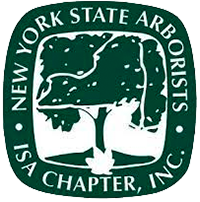
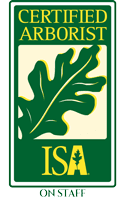
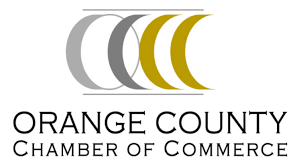
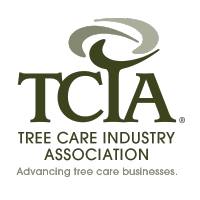
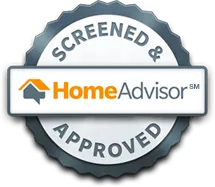
NATIONALLY CERTIFIED ARBORISTS · LICENSED · INSURED
When you hire Hill Treekeepers to care for your trees and landscape, you'll have peace of mind knowing that you’re working with knowledgeable tree care professionals. Our certified arborists are highly trained and experienced, we carry all required licenses to perform tree care services in New York state, and are fully insured for tree service work. Hill Treekeepers also has a Commercial Pesticide Business Registration (Reg # 18223).
